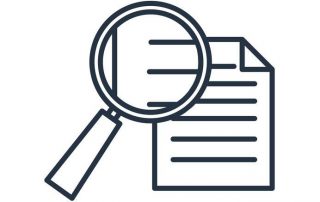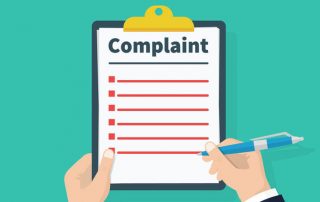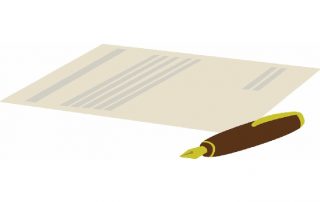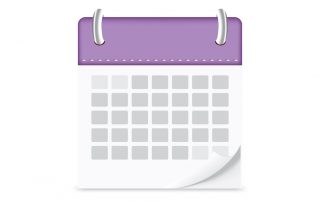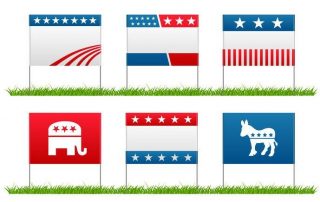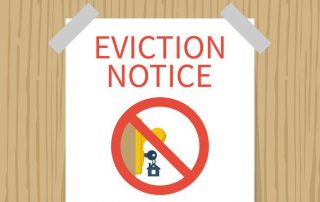Educating New Homeowners About Architectural Control in Community Associations
The current real estate market has introduced a new wave of homeowners into community associations. Unfortunately, however, new faces usually result in familiar problems. One of the most common issues associated with new homeowners is unapproved modifications. One of the underlying functions of any community association is to preserve the neighborhood’s semblance of uniformity.


